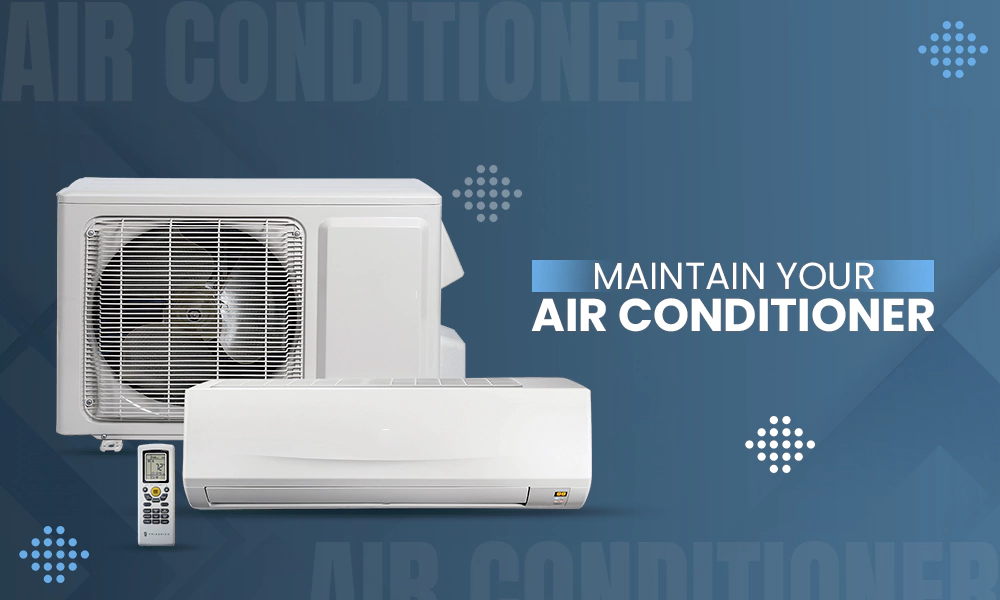Factory Maintenance

Maintenance is an important part of running a factory and you can also improve on it. In this article, we will look at the basics and show you how you can take factory maintenance management to the next level.
What is Factory Maintenance?
It is also referred to as industrial maintenance and involves the process of ensuring that all factory assets are operating optimally. However, there is an important factor in this process which is cost control. Maintenance managers have to ensure that machinery is well maintained without creating a big maintenance bill.
One of the best ways to conduct effective factory maintenance without stretching the budget too far is using a computerized maintenance management system. It goes a long way in assisting you as a factory owner or manager together with your technicians to conduct operations more effectively.
Many types of factories rely on the skill set and experience of maintenance managers and technicians such as:
- Gas and oil
- Aviation
- Manufacturing
- Automotive
However, this is just the tip of the iceberg. Factory maintenance is present in any sector where heavy machinery is used and involves big capital and expenditures or even where the cost of maintenance constitutes a considerate amount in the overall operational budget.
Why is Factory Maintenance Critical?
It is important since you can’t run a factory without maintenance. To reach production targets and produce high-quality products, your assets need to operate smoothly. Breakdowns cause downtime leading to unexpected losses. The factory maintenance team has the role of taking the appropriate measures before the assets break down for efficient factory operations.
Top-level management cannot shut down the factory maintenance department since they know its importance. You also have to set up checks and balances in place to ensure that you spend minimal money for maintenance than the total amount of selling your products.
Role of Factory Maintenance Management
Factory maintenance managers have the role of managing employees and maintenance activities. They do not inspect and repair equipment. In a bigger factory, a maintenance supervisor or planner will be working alongside the maintenance manager. In smaller factories, the maintenance manager will cover all the roles.
- The responsibilities of a factory maintenance manager include:
- Making and implementing a maintenance program.
- Making maintenance work schedules and managing the maintenance team.
- Ensuring the factory maintenance work follows the OSHA rules.
- Predicting, ordering, and making price negotiations of spare parts.
- Hire subcontractors for technically specific maintenance work.
- Maintenance budget management.
An important aspect of maintenance management is to always be on the know-how of new technologies and tools which can help reduce costs and improve the efficiency of maintenance efforts.
Strategies in Factory Maintenance
Four common strategies are applied in factory maintenance. You can apply a mixture of the strategies depending on the maintenance needs of your pieces of equipment.
Preventive Maintenance
This involves rectifying problems before they happen. It is a resource and labor-intensive type of maintenance but cheaper than reactive maintenance since it reduces the downtime caused by machinery breakdown. A good example is whereby a manufacturer services machinery every 4000 hours for smooth operations to avert a breakdown.
Condition-based Maintenance
This type of maintenance uses heat sensors, flow rate, vibration analysis, and other methods of testing to give you data on the condition of a piece of equipment. This data assists factory managers to look for the correct time to perform maintenance operations.
Run to Failure Maintenance
This is running machinery until it breaks. It is a chosen maintenance strategy for various assets. If you have an inexpensive asset using it until it fails is more cost-effective than repairing and maintaining it.
Predictive Maintenance
This involves the collection of condition-based data on a piece of equipment combining it with industry information or your personal information to make a forecast of when a piece of machinery would break down. Maintenance can then be properly scheduled.
Best Practices in Factory Maintenance Management
A well-thought-out maintenance plan is important in keeping the factory running. It goes a long way in reducing downtime, increasing productivity, managing costs, and creating safe working conditions. You can follow a few guidelines to improve your maintenance activities.
The most basic thing to do is to be organized to make the workflow smooth and make maintenance more effective. You can make well-defined work areas and clearly illustrate floor paths for the movement of machinery through the manufacturing process to make things easier for your operators. You can also centralize the management of the maintenance processes.
Upon centralizing your maintenance processes you can introduce proactive maintenance to have the best outcome. Start with your most vital equipment and look for the appropriate maintenance strategy according to their needs. Despite fixing broken things being a common factory maintenance practice you cannot improve the maintenance operations if you only depend on this strategy.
Having the necessary maintenance strategy for each piece of equipment you can now make thoroughly defined processes and communicate them to your team. Making preventive maintenance checklists will help the employees comprehend when and how to perform maintenance tasks.
Ensure that the technicians understand the OHSA guidelines around, safety management, PPE, and tagout-lockout procedures. Check if they can easily access the tools needed to perform maintenance operations such as replacement parts and repair supplies.
You also have to take the necessary steps of measuring the effects of your improvements. A CMMS can assist you in creating your factory maintenance goals, monitor your progress, and make reports that display what you are doing well and improvement areas. You can then make those shortcomings targets of improvement.In summary, factory maintenance is a common practice in manufacturing plants. It is important since it plays a vital role in reducing expenditure caused by machinery breakdowns. It also helps the factory stay on track in the production process and achieve production goals.










